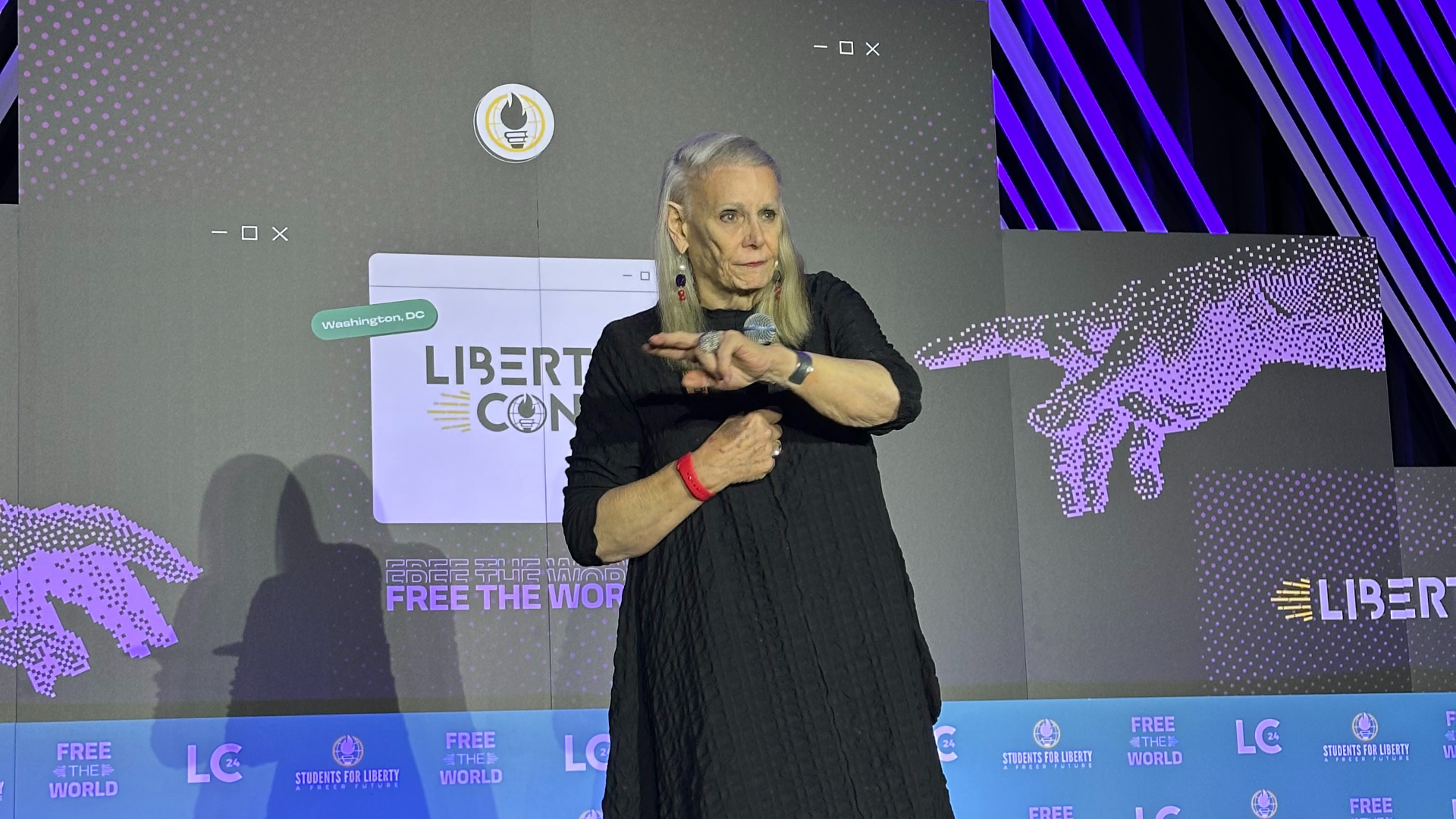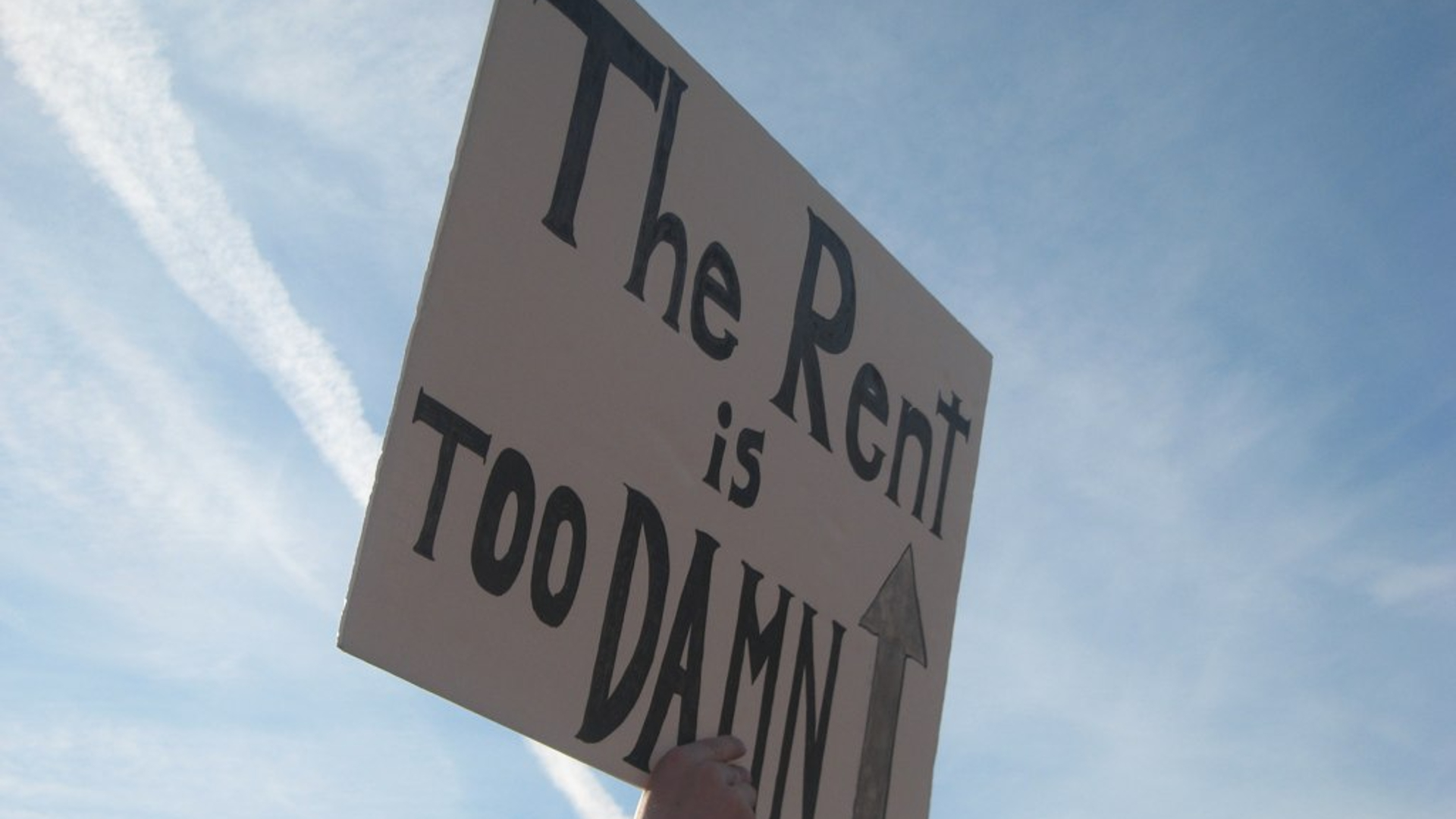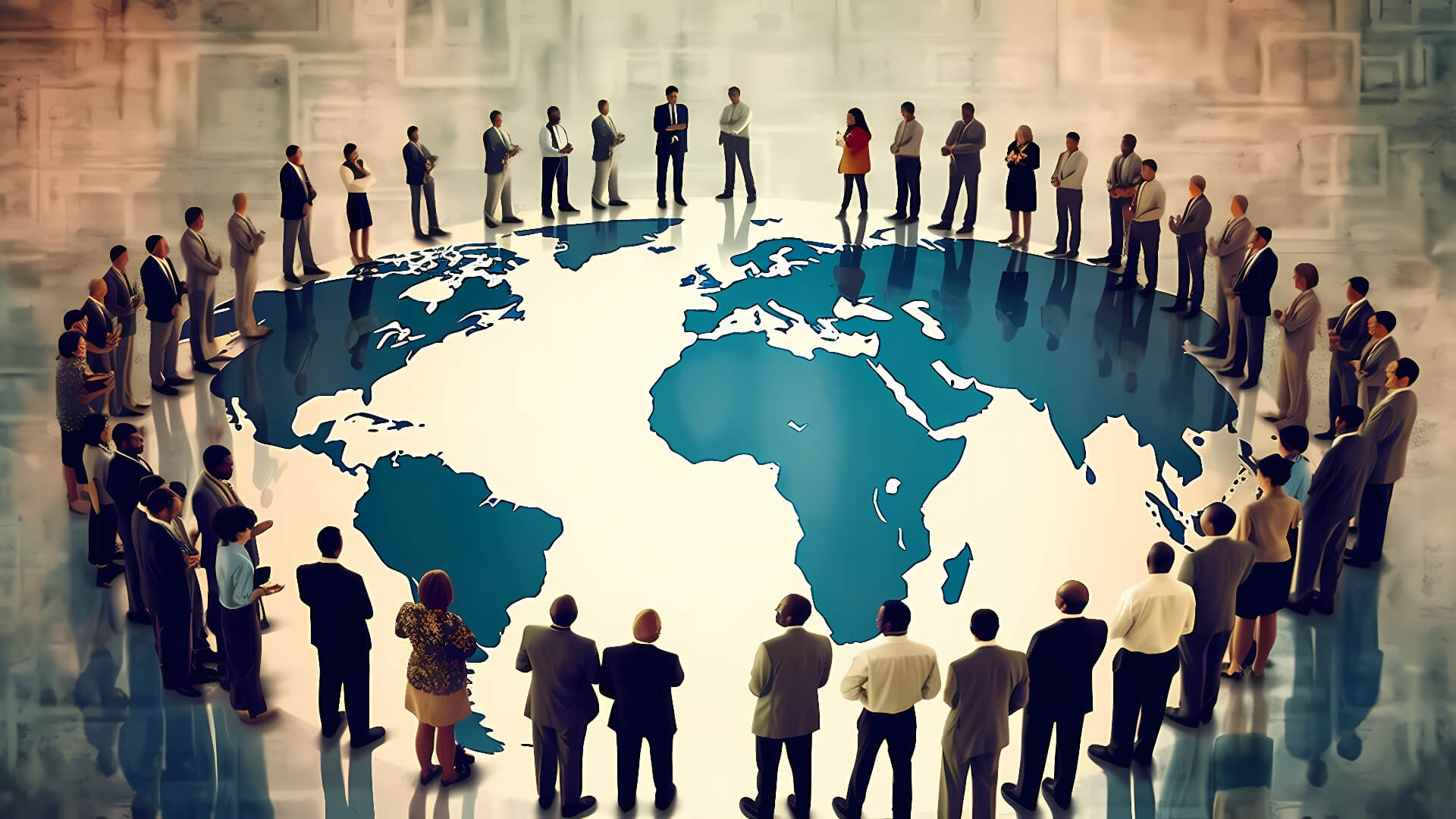Tag: Free Markets


Why We Need a Flat Tax
June 25, 2024 | Post
While the free market reduces poverty, people criticize it because of economic inequality. Is this the real issue we should focus on?

Stop complaining, start building: why Ayn Rand is so popular among entrepreneurs and high achievers
March 29, 2024 | Post
For people of a certain mindset and ambition, Ayn Rand’s ideas serve as a beacon of empowerment, urging them to stop complaining and instead focus on what they can do to build their own destinies.
Let’s look at some of the reasons why entrepreneurs and high achievers are a particularly receptive audience to the ideas of Ayn Rand.

How and why the war on drugs has failed
March 21, 2024 | Post
In this article, we’ll dissect the failures of the war on drugs, seeking to uncover the factors that have led to its ultimate downfall, as well as diverse arguments for ending the war on drugs and embracing legalization.

Deirdre McCloskey: ‘The pursuit of freedom has unleashed unprecedented innovation, prosperity, and social transformation’
February 21, 2024 | Post
Deirdre McCloskey, renowned economist and advocate for liberal values, delivered a stirring address at LibertyCon International, captivating attendees with her insights into the importance of liberty in fostering human flourishing and societal progress.

Why is college so expensive?
January 19, 2024 | Post
To find out why college is so expensive and why student debt has reached crisis point, we need to dig deep into a maze of factors that ultimately leave the government with a lot to answer for.

How government subsidies encourage bad diets
January 18, 2024 | Post
If, like for most people, prices are an important factor in what foods you choose to buy, government subsidies have a significant impact on what ends up on your plate.
Walk down any aisle, and you’re likely to come across high-fructose corn syrup. This commonly used artificial sweetener owes its prevalence to government handouts to the corn industry. Generous subsidies enable the widespread use of high-fructose corn syrup, contributing to the overconsumption of sugary foods.

How the Grace Richardson Fund is putting free-market environmentalism into action
January 17, 2024 | Post
The Grace Richardson Fund, a private foundation under the visionary leadership of President Rod Richardson, has been a trailblazer for free-market environmentalism

A new Vancouver development shows what’s possible when housing is deregulated
January 12, 2024 | Post
Sen̓áḵw is a $3-billion, 11-tower real estate development in Vancouver, set to be built on Squamish Nation reserve land. The project, named after the ancestral territory the Squamish people were removed from in 1913, is a sustainable village developed in partnership with Westbank.
The example set by the Sen̓áḵw development project shows us what we could have in other places too, if only the state — and the NIMBYs whose interests they serve — would step aside and let progress unfold.

The awkward and uncomfortable problem with national conservatism
January 11, 2024 | Post
The recent surge of national conservatism in the United States has not only highlighted a departure from classical liberal principles but also raised concerns about a fundamental shift away from the values that have long defined American governance.

How (true) liberalism made us rich
January 4, 2024 | Post
Today, a hot shower or a cup of coffee brewed in seconds are completely mundane. A journey across continents taking mere hours is, for many, just a normal part of life. Yet, these marvels would have been the envy of even the most affluent in medieval societies, prior to a period we can refer to as the “Great Enrichment.”

Unmasking the true force behind the housing crisis
December 21, 2023 | Post
For the first time since the Great Depression, a majority of young adults in the U.S. aged 18-29 live with their parents.
The intensifying housing crisis across the United States and worldwide is a pressing concern, particularly for Millennials and Gen Z, who are often priced out of getting their own place for far longer than what has been the norm for previous generations.
Such a crisis inevitably prompts a blame game. But who or what is really to blame?

Despite regulatory barriers, 3D-printed houses can revolutionize the construction industry
December 20, 2023 | Post
What if we could revolutionize transportation to make it not only faster but also more sustainable? What if we could create educational systems that are not only more accessible but also tailored to individual learning needs?
Or, how about building new homes in a matter of days, at a fraction of the cost?
ICON Technologies is able to do just that — if not for regulatory barriers.

To address poverty, we must forget about inequality
December 18, 2023 | Post
Looking at inequality doesn’t tell us anything substantial about prosperity in a given country. Is inequality the real problem, or is it poverty?

If you care about liberty, beware of CBDCs
December 11, 2023 | Post
In recent years, the concept of Central Bank Digital Currencies (CBDCs) has gained increasing traction across the globe, with proponents lauding the potential benefits of a digitized monetary system.
However, when we explore the real-life implications of CBDCs, it becomes increasingly clear that the rush toward digital currencies controlled by central banks poses a significant threat to individual liberty.

Why we should celebrate capitalism and consumerism, at Christmas and all year
December 7, 2023 | Post
Last Christmas, Pope Francis criticized holiday consumerism, saying that ours is “a society often intoxicated by consumerism … wealth and extravagance.”
To understand why this sort of critique is mistaken, and why consumerism and capitalism deserve our love at Christmastime and throughout the year, we need to go back to basics.

How minimum wage laws harm and exclude
December 1, 2023 | Post
Instead of elevating living standards and safeguarding workers from poor conditions and low pay, minimum wage laws lead to unemployment and limit job opportunities. Let’s look at how…

Here’s the reason mainstream environmentalist groups hate nuclear energy: they’re paid to
November 28, 2023 | Post
For decades, nuclear power has been shunned by mainstream environmentalism.
However, the Natural Resources Defense Council, a prominent environmentalist nonprofit, recently shut down its longstanding program dedicated to opposing the nuclear industry — and they’re not alone in this switch of priorities.
So, what is causing environmentalist groups to run out of steam in their anti-nuclear campaigns? Is mainstream environmentalism about to finally embrace nuclear power?

What the world can learn from Argentina’s liberty movement
November 20, 2023 | Post
The liberty movement’s success in Argentina serves as an inspiration to similar movements worldwide. It showcases the power of grassroots organizing and the impact that passionate individuals can have when they come together around a common cause.

Why trade wars are wars on the poor
November 14, 2023 | Post
In the not-so-distant past, political leaders from both sides of the aisle in the United States held a general consensus on the benefits of free trade.
During their presidential campaigns in 2000, Al Gore and George Bush, despite their differences, at least agreed on the merits of fostering open markets.
Fast forward to the present day and we find Joe Biden and Donald Trump endorsing staunchly protectionist policies.
Let’s explore what caused this complete 180 and who bears the brunt when trade is restricted.

How tax reduction helps combat corruption: lessons from Georgia
November 9, 2023 | Post
The 2003 Rose Revolution marked a pivotal moment in Georgia’s political and economic history. Following new presidential and parliamentary elections, significant pro-market reforms were introduced to address the severe economic condition. The results were remarkable…

Grocery aisle garbage vs. free-market wellness: how food subsidies contribute to poor health
October 24, 2023 | Post
Time to peel back the oniony layers of the food industry according to free-market principles.
Our mission: to understand how market distortions such as food subsidies are contributing to poor health in America.

In defense of globalization
October 17, 2023 | Post
What is globalization? Globalization is simply the process of the free movement of goods, capital, people, and ideas around the world and across borders.
Globalization is a great boon to the world. It means more specialization and division of labor, which are vital components of economic progress. It makes rich countries richer and brings poor countries out of crushing poverty.
It might just be the greatest achievement in human history, but people don’t know this!

Javier Milei: a new era for Argentina?
October 17, 2023 | Post
On October 22, Argentina is poised to hold the first round of the 2023 Presidential Elections, determining the successor to the Peronist Alberto Fernandez. Following the primaries, Javier Milei, who describes himself as an anarcho-capitalist, emerged as the frontrunner. Could Argentina be set to embark on a radical new journey?

Think school choice mainly benefits rich families? Think again
October 13, 2023 | Post
In the debate about school choice, one argument pops up again and again from those who oppose it: that school choice primarily benefits more affluent families, leaving working-class and lower-income families behind. But this argument neglects the advantages that school choice offers to those who need it most. Here are seven ways school choice benefits poorer students…

